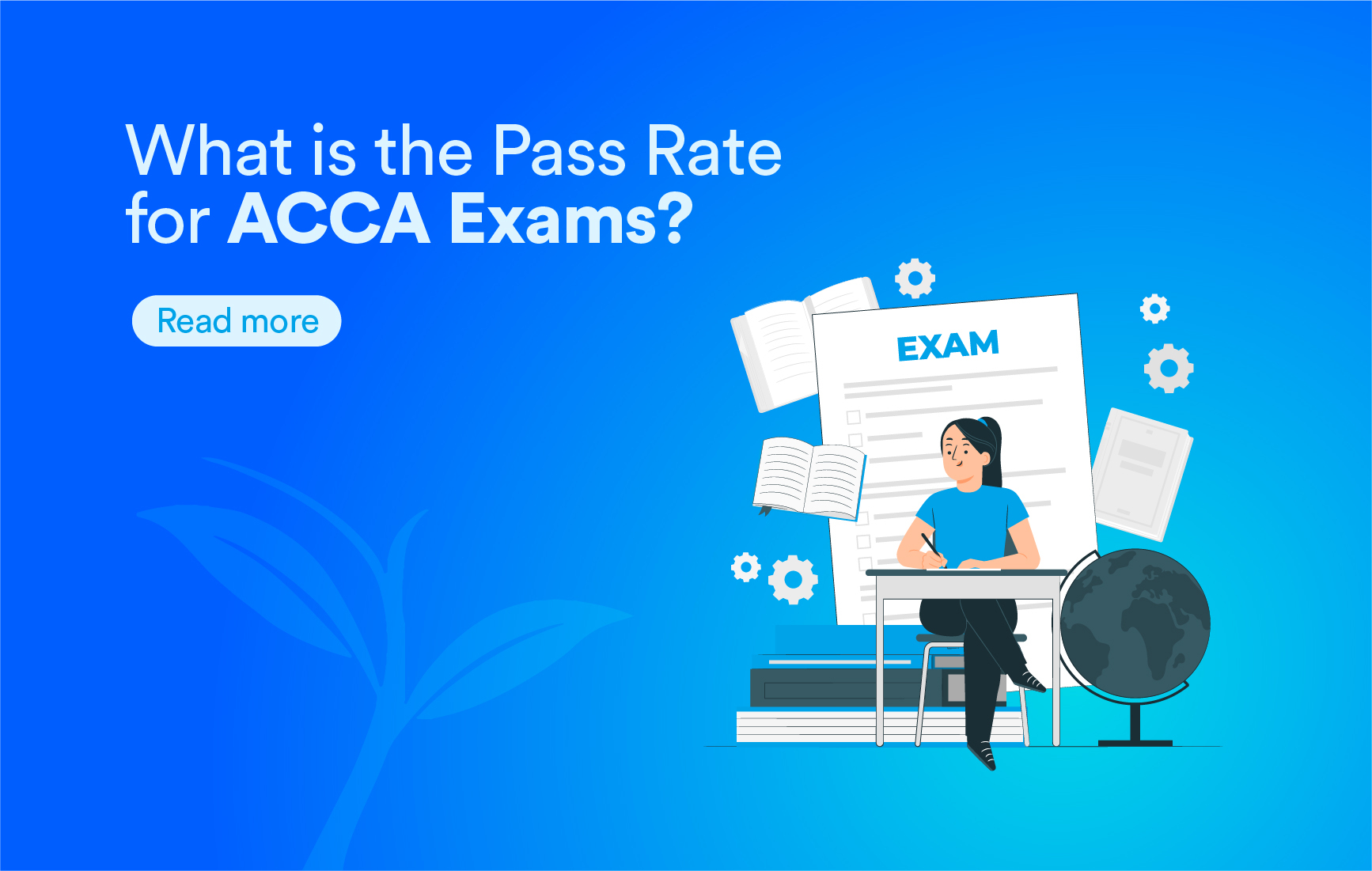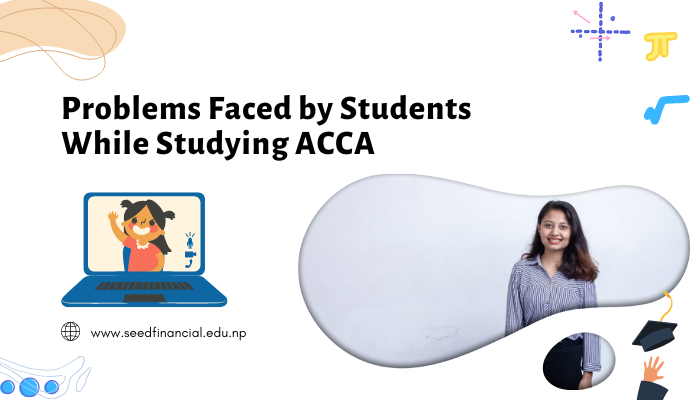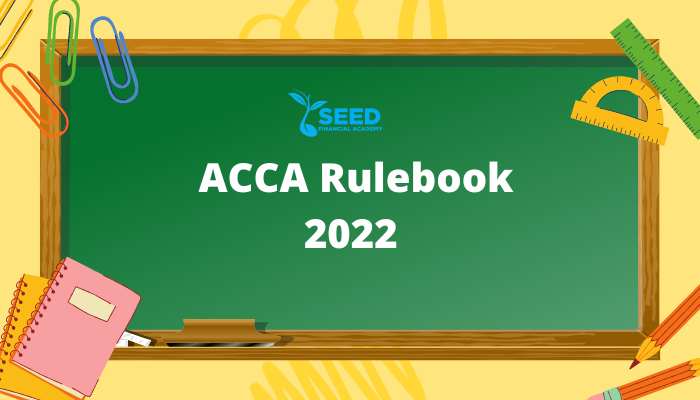What is ACCA Rulebook?
The ACCA Rulebook is the ultimate source for information on ACCA bylaws, rules, and the Code of Ethics and Conduct. This Rulebook is an essential resource for all ACCA members, students, and businesses because it consists of everything ACCA covers and relates to. This book covers multiple things such as the Royal Charter, bylaws, council regulations, regulations, and the code of ethics and conduct. All new members and students must sign a statement promising to abide by the ACCA’s rules and code of ethics and conduct, governed by the organization’s royal charter and bylaws, to assure the involvement agreement. Regular updates are made to the Rulebook to reflect changes in regulations and requirements for new policies. The most recent edition of the Rulebook was published in 2022, which gives a summary of revisions to Rulebook sections.
Three sections of the ACCA Rulebook
Section 1: It includes the Royal Charter, By-laws, and Council Regulations
The Royal Charter, which Her Majesty Queen Elizabeth II granted to ACCA on November 25, 1974, and the bylaws, define how the association is governed. In addition, the section also describes the responsibilities of its members, including the council.
Section 2: It includes the Regulations covering membership of ACCA, practising and licensing arrangements, and regulatory and disciplinary matters
The Regulations have practice arrangements, regulatory and disciplinary problems, and other crucial information for members, students (including affiliates), and firms.
Section 3: It includes the Code of Ethics and Conduct
The International Ethics Standards Board for Accountants (IESBA) released the International Code of Ethics for Professional Accountants containing International Independence Standards in April 2018, approved by ACCA.
As previously revealed, several modifications were made to this Rulebook’s sections in 2022. Let’s examine those modifications in brief below; however, to know more about the improvements in detail, please check out ACCA Rulebook changes 2022.
1. On December 31, 2021, the ACCA ceased to govern non-contentious probate and stopped regulating persons and businesses. The ACCA’s departure from probate regulation is put into effect by changes to Annex 1 and Appendix 4 of the GPRs, which also address issues with regulatory gaps brought up by the Legal Services Board.
2. Regulation 2 of Annex 1 has been modified to delete or change definitions about the restricted legal activity. The limitations on people and businesses engaging in reserved legal activities in England and Wales are altered by changes to Regulation 4(2)(b) of Annex 1, which also fills in regulatory gaps. Individuals and firms that wish to carry on reserved legal activities in England and Wales, or to be held out as available to carry on such activities, must hold authorization from an approved regulator.
3. Regulation 5 of Annex 1 has been modified to remove the prerequisites for engaging in a reserved legal activity in England and Wales that were previously outlined in Regulation 5 (3). Previously found in Appendix 4 of Annex 1, the Legal Activities Regulations 2018 have been deleted.
4. Amendments to Regulations 2, 5, 6, and 9 of Annex 5 to the GPRs implement new requirements for ACCA members who are currently registered or wish to register as tax practitioners in South Africa. Regulation 5(a) implements a new general eligibility requirement for ACCA members in relation to their fitness and propriety to be registered tax practitioner. Beginning on June 1, 2022, ACCA members must notify ACCA of their status as being free of criminal convictions.
5.New CPD requirements for qualified tax practitioners have been implemented through amendments to Regulation 6. Starting on June 1, 2022, registered tax practitioners must complete a minimum of 18 hours of verified CPD annually, divided into 10 hours of tax-related learning, 2 hours of ethical development, and 6 hours of service-related learning. Before, registered tax professionals had to complete 15 units of tax-related CPD annually, at least 9 of which had to be verifiable.
Policy decisions, legal changes, and the demands of lead regulators or standards-setting organizations are the main causes of revisions to the ACCA Rulebook. Therefore, it is important for all ACCA members, students, and other parties subject to its provisions to ensure they are familiar with them.









